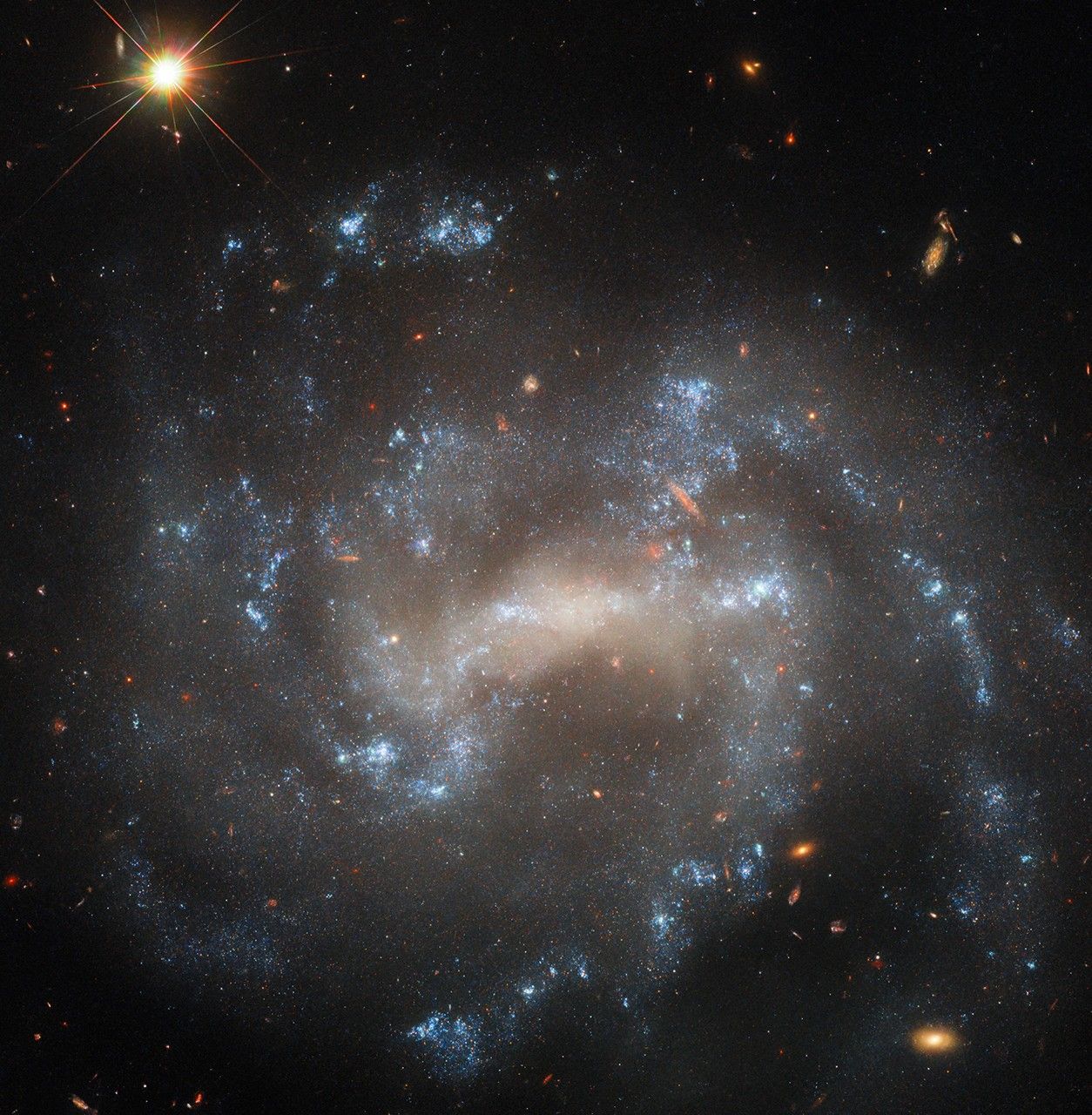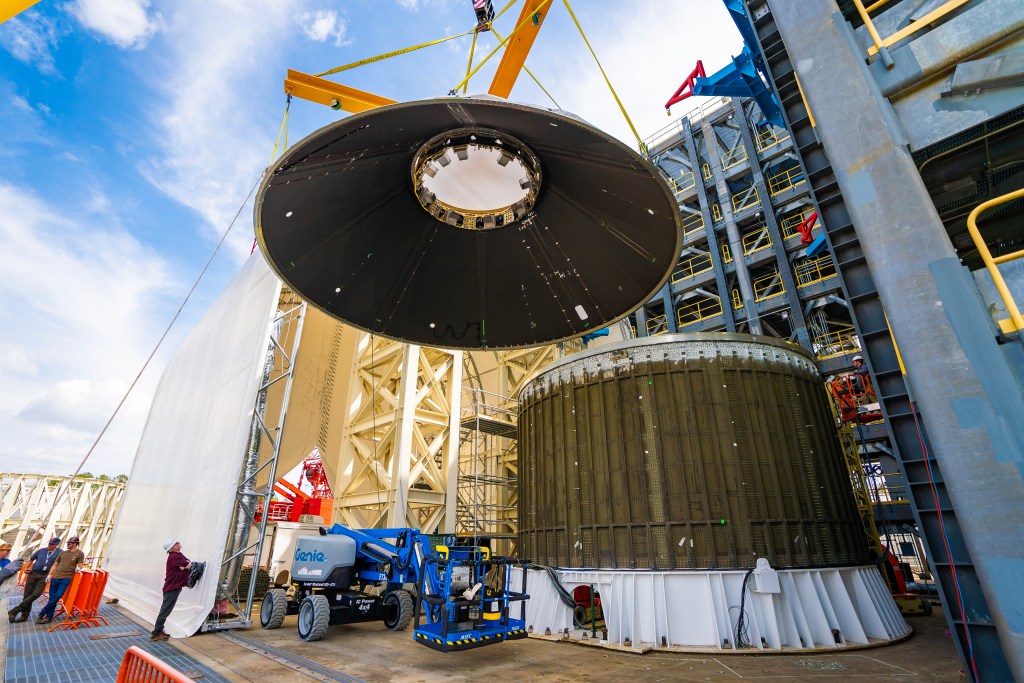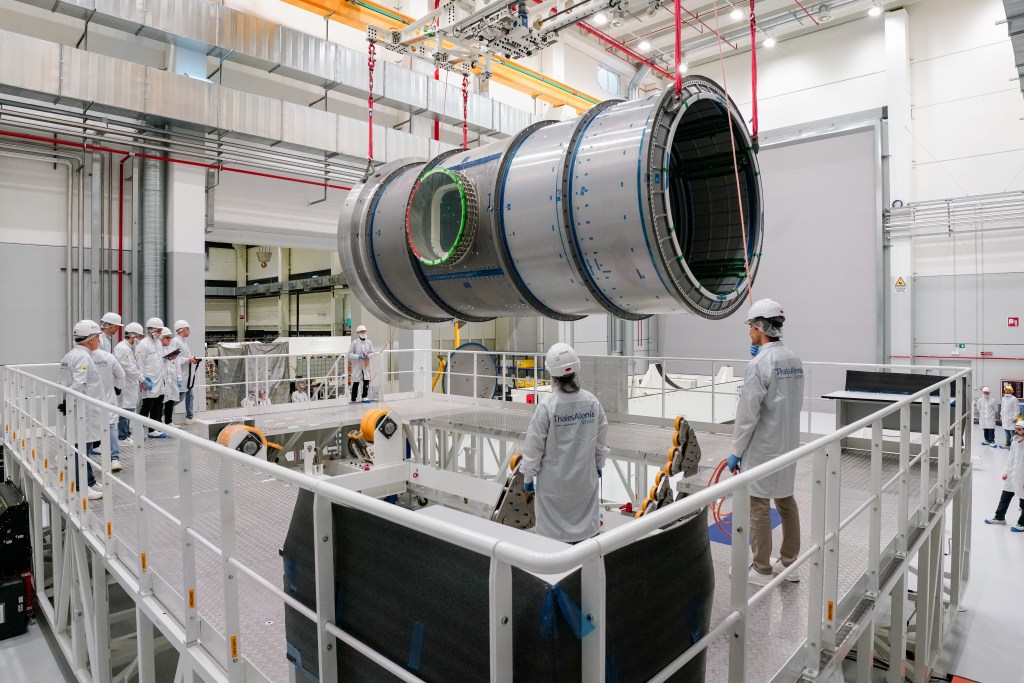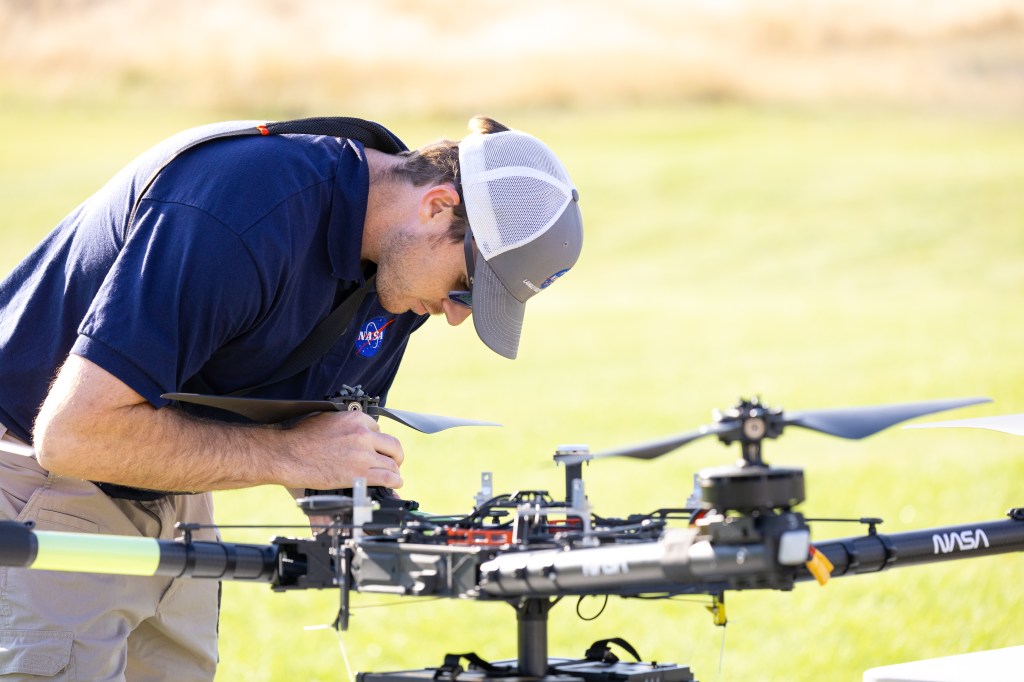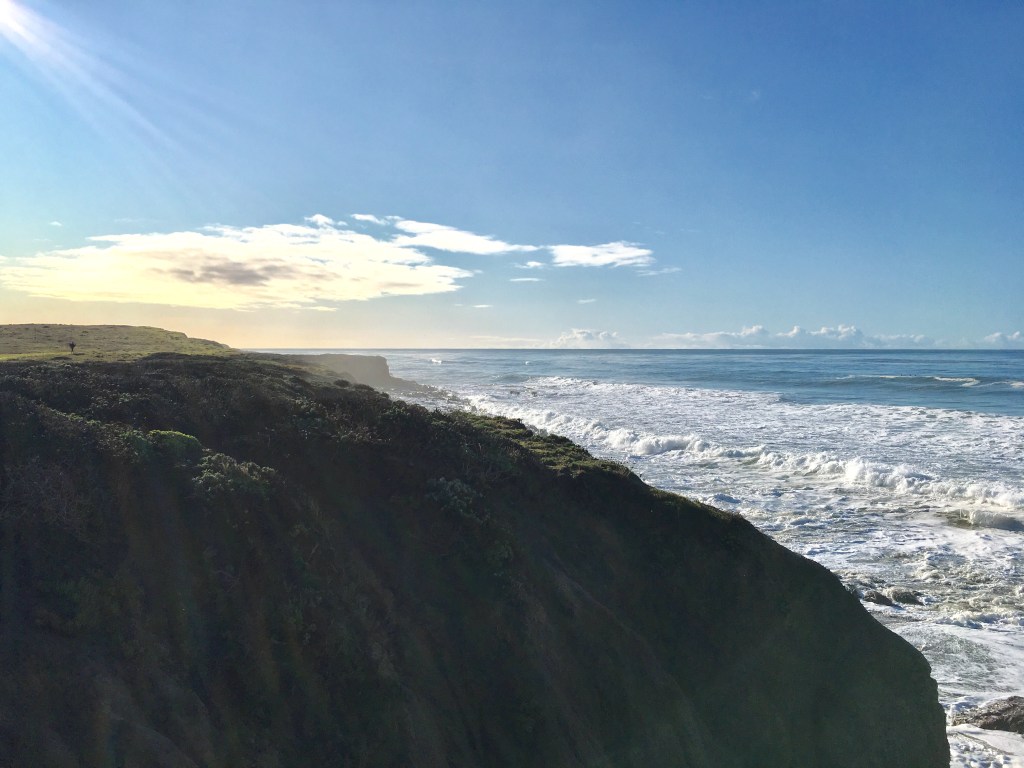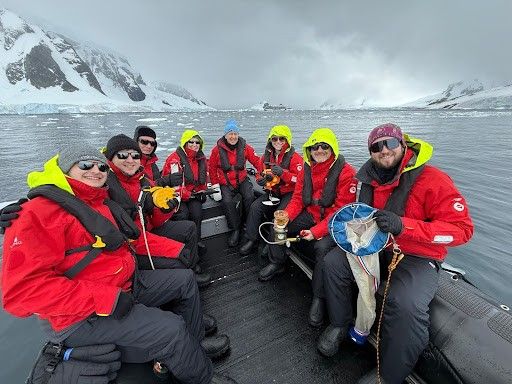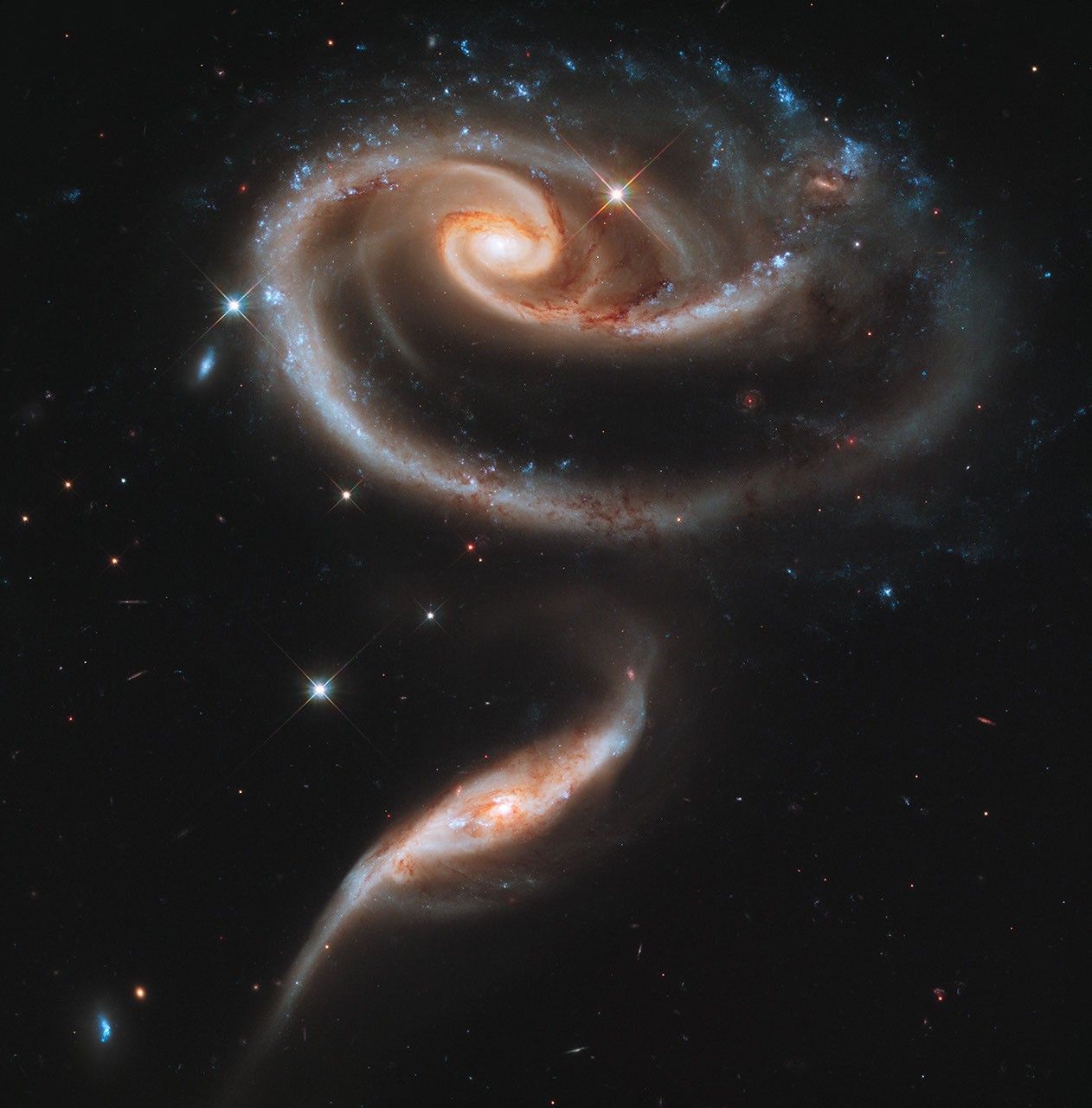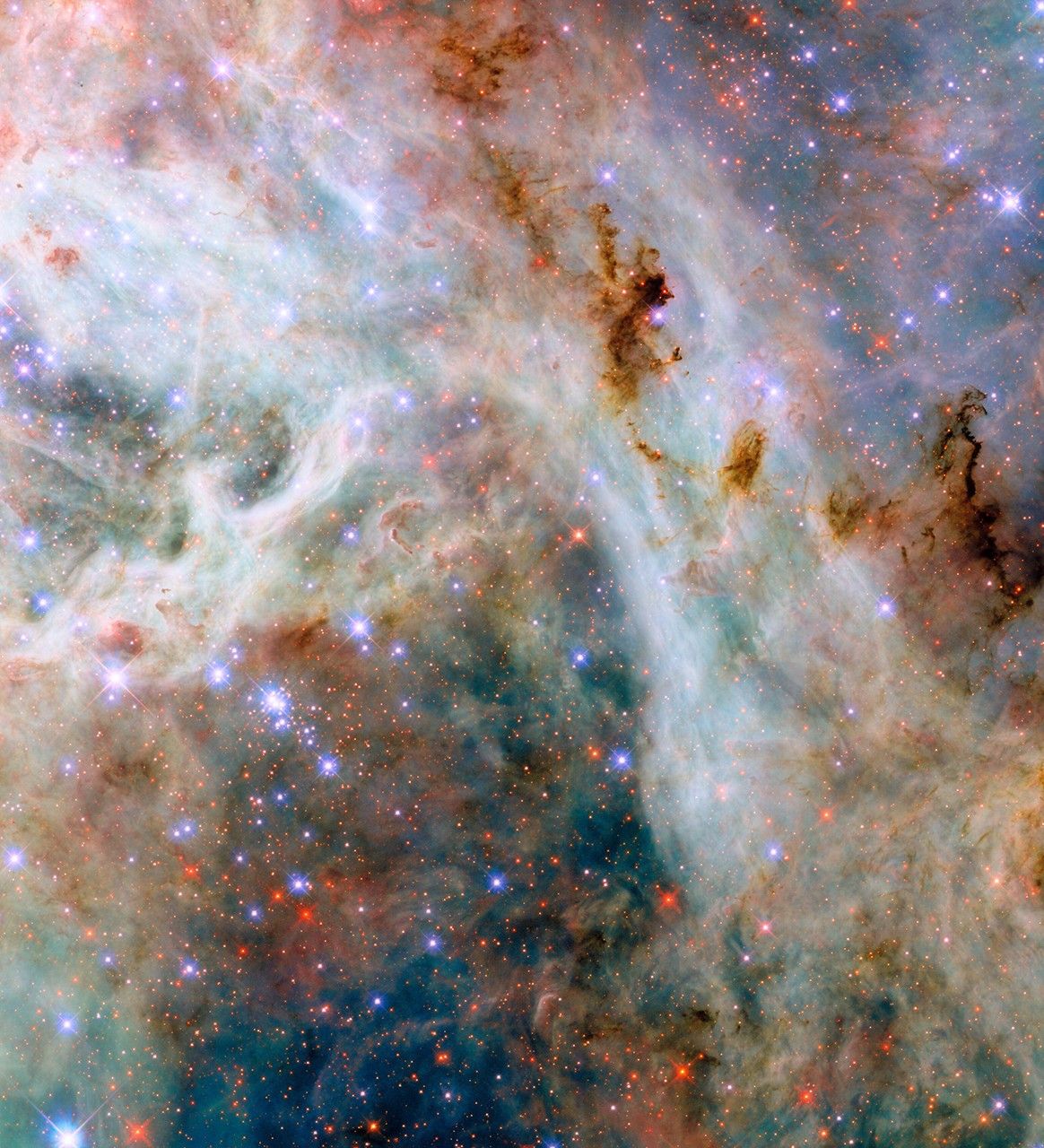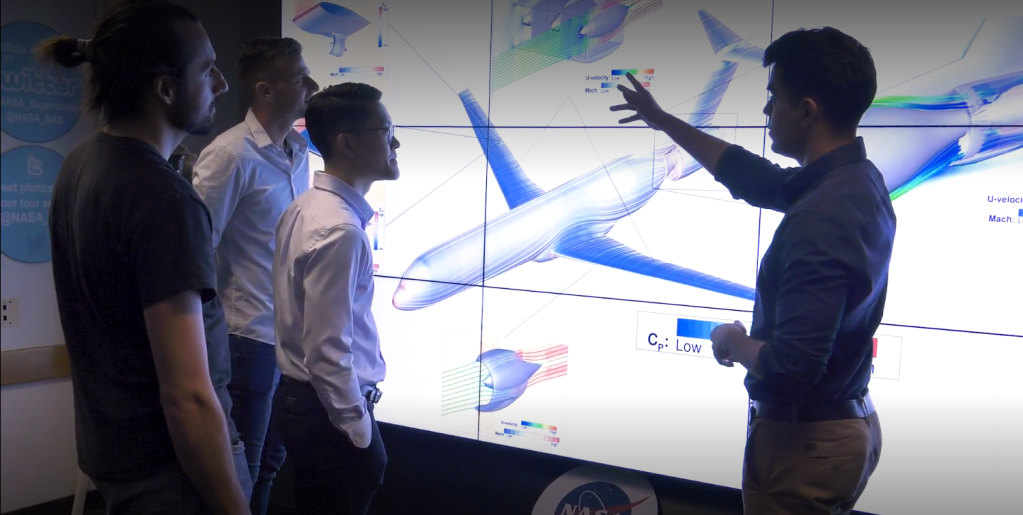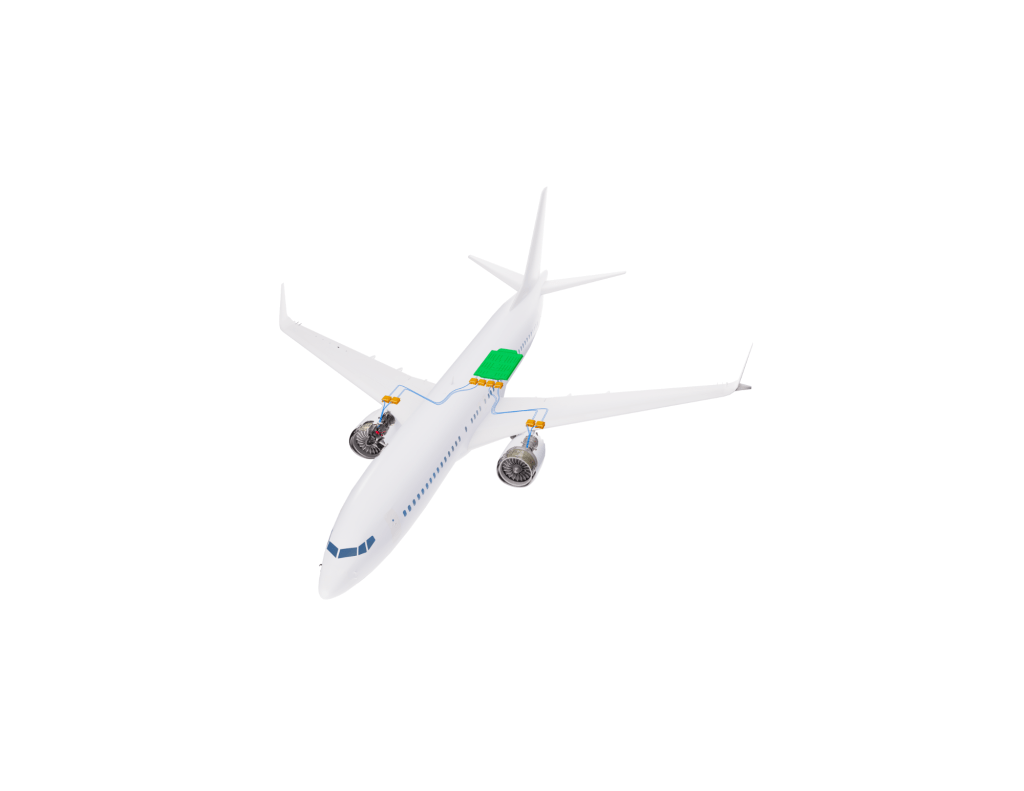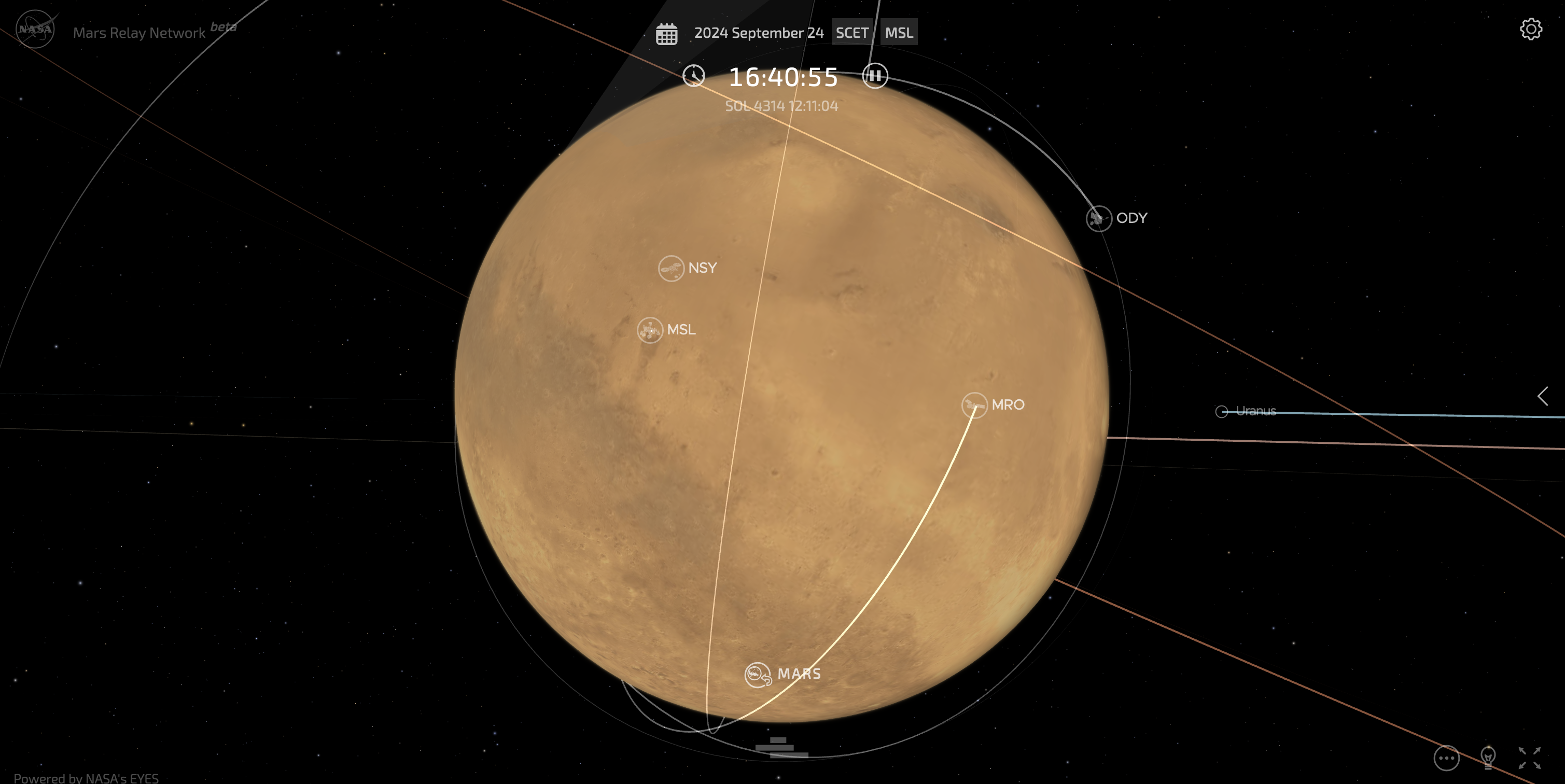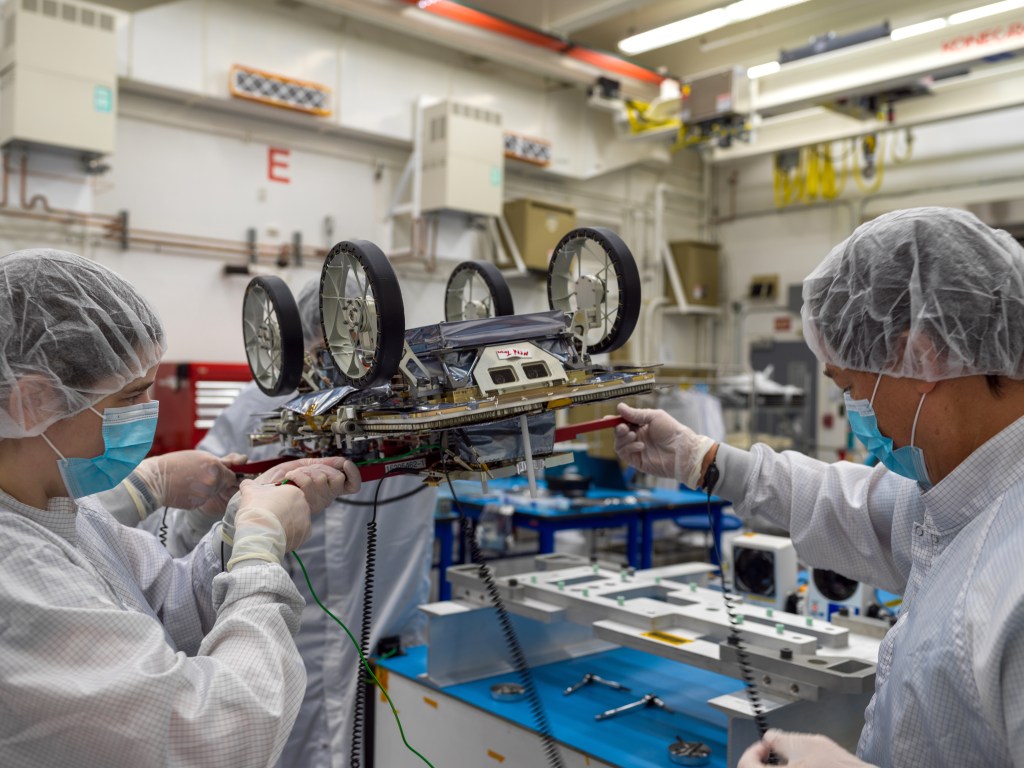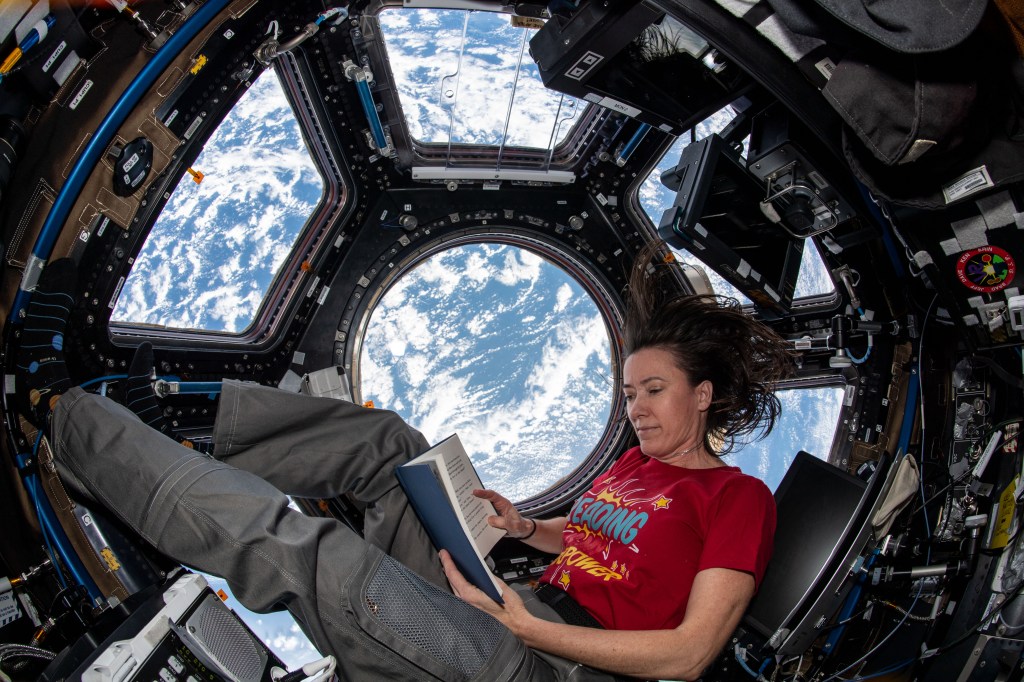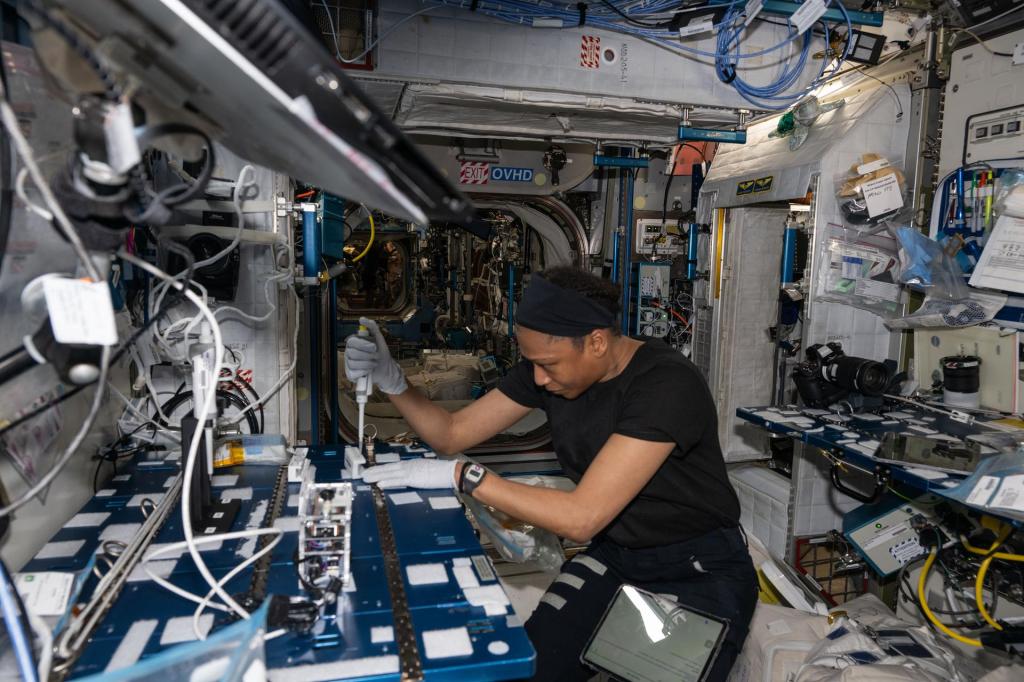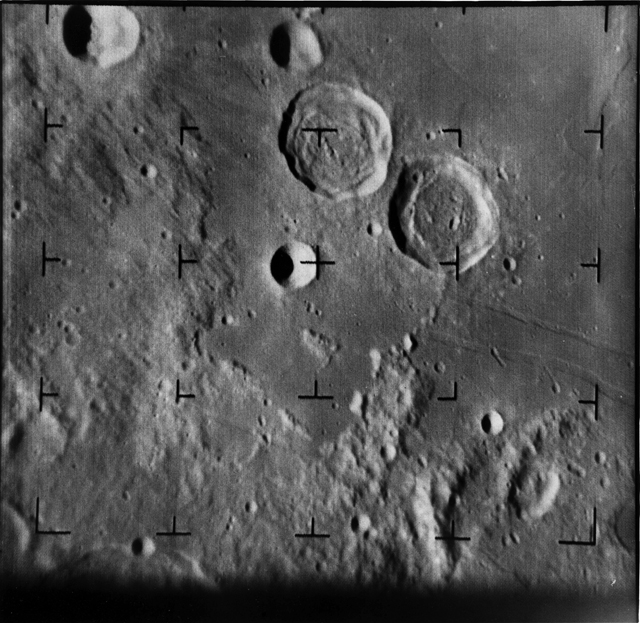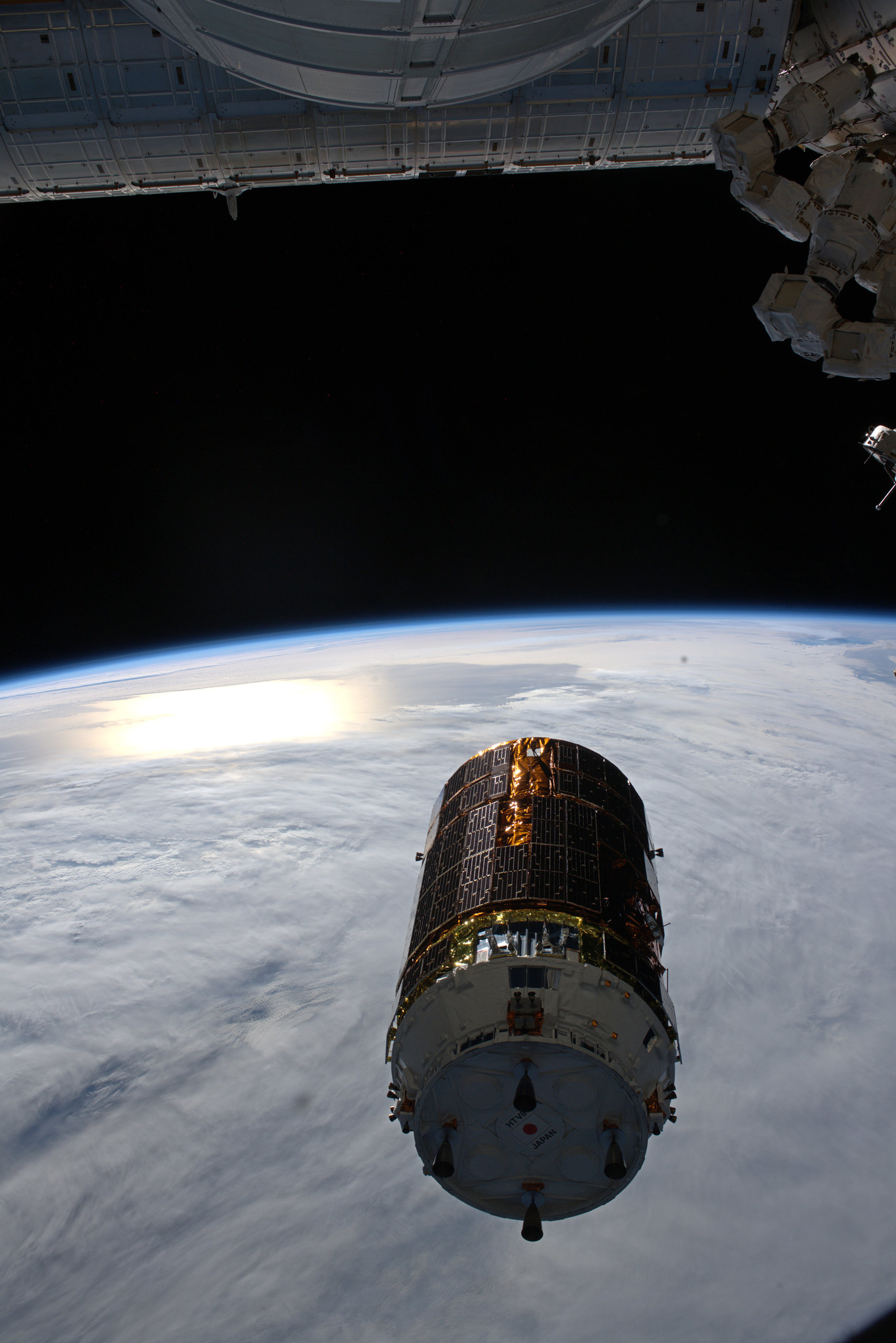Editor’s Note: This advisory was updated on May 19 to reflect the updated launch time of 1:31 p.m. ET.
NASA will broadcast the launch of a Japanese cargo spacecraft to the International Space Station beginning at 1 p.m. EDT Wednesday, May 20, live on NASA Television and the agency’s website.
The Japan Aerospace Exploration Agency (JAXA) and Mitsubishi Heavy Industries are scheduled to launch the unpiloted H-II Transport Vehicle-9 (HTV-9) on a Japanese H-IIB rocket at 1:31 p.m. (2:31 a.m. Thursday, May 21, Japan time) from the Tanegashima Space Center in southern Japan.
The spacecraft will arrive at the station Monday, May 25. Live coverage of rendezvous and grapple will begin at 6:45 a.m. Capture of HTV-9 is scheduled to occur around 8:15 a.m. HTV-9 will approach the station from below and slowly make its way toward the orbital outpost. Expedition 63 Commander Chris Cassidy of NASA, with assistance from Russian Flight Engineer Ivan Vagner of Roscosmos, will operate the station’s Canadarm2 robotic arm from the station’s cupola and grapple the 12-ton spacecraft.
Coverage of HTV-9’s final installation will resume at 9:30 a.m., when flight controllers in mission control at NASA’s Johnson Space Center in Houston will take over robotic arm operations and berth HTV-9 to the Earth-facing port of the station’s Harmony module, where it will remain for two months.
The cargo craft will carry more than four tons of supplies, water, spare parts and experiment hardware for the station crew, including six new lithium-ion batteries needed to complete an overall update of the station’s electrical system. The batteries and corresponding adapter plates will replace aging nickel-hydrogen batteries for two power channels on the station’s far starboard truss segment (S6) through a series of spacewalks by the station’s crew members planned for later this year. This is the final set of new batteries to be launched to the station as part of an overall upgrade of its power system that began in January 2017.
This also will be the final flight of this class of resupply spacecraft, named “Kounotori” – the Japanese word for white stork. The cargo craftlaunched on its maiden mission to the orbiting laboratory in September 2009. JAXA is developing a new class of HTV vehicles that will provide a reusable pressurized cargo section and the ability to carry more cargo due to its lighter weight. The new HTV-X vehicles will dock automatically to the station’s International Docking Adapters with the first flight scheduled in 2022.
For nearly 20 years, astronauts have continuously lived and worked on the space station, testing technologies, performing science and developing the skills needed to explore farther from Earth. Through NASA’s Artemis program, the agency will send astronauts to the Moon by 2024, with eventual human exploration of Mars. Inspiring the next generation of explorers – the Artemis Generation – ensures America will continue to lead in space exploration and discovery.
Get breaking news, images and features from the station at:
http://www.twitter.com/ISS_Research
http://www.twitter.com/Space_Station
-end-
Gina Anderson
Headquarters, Washington
202-358-1100
gina.n.anderson@nasa.gov
Courtney Beasley
Johnson Space Center, Houston
281-483-5111
courtney.m.beasley@nasa.gov




